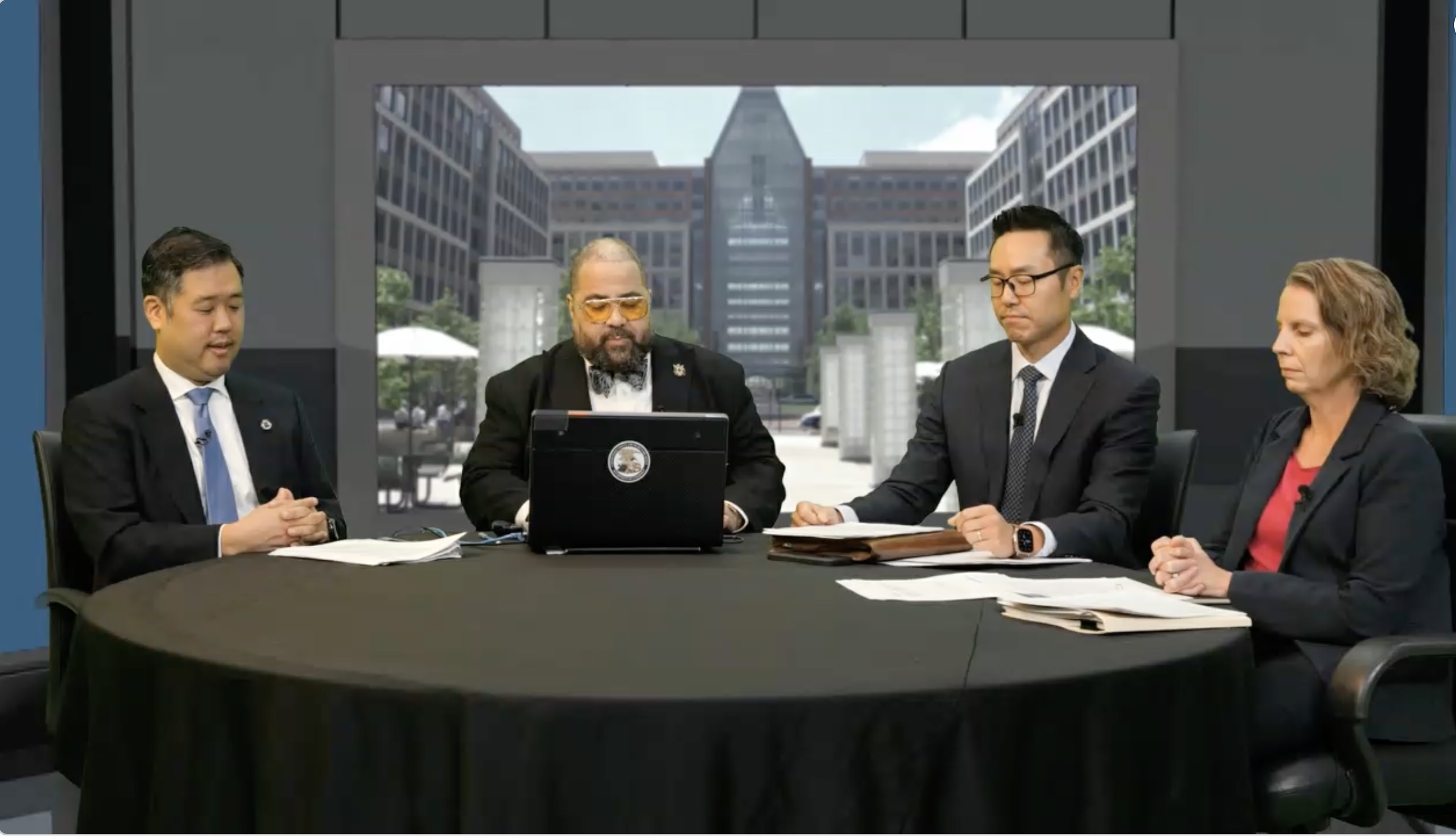
"The Appeals Review Panel (ARP) decision in Ex parte Desjardins, Appeal 2024-000567 (Decided September 26, 2025) was mentioned in Squires' recent remarks at the American Intellectual Property Law Association (AIPLA), where he told attendees that there is no need to overhaul patent law to protect AI, as proper application of existing laws is sufficient to secure patent rights for technologies of the future."
""Eligibility follows architecture," Squires remarked, explaining that the Office will be looking for "the something more that Alice and Mayo tell us to look for" when it comes to eligibility analyses. "When technology rewires how information flows, that's when invention begins." He pointed to Desjardins, as well as the f irst patents he signed- which were directed to distributed ledger/crypto and medical diagnostics technologies-as proof that the Office is committed to ensuring that transformative technologies remain eligible."
The USPTO designated Ex parte Desjardins (Appeal 2024-000567, decided September 26, 2025) as precedential, affirming patent eligibility for certain AI-related inventions. The ARP vacated the Board's decision and found the claims eligible, citing the Federal Circuit's Enfish decision on computer data-structure improvements as instructive. The Office will apply Alice/Mayo guidance by seeking the "something more" and focusing on how technological architecture rewires information flows to establish invention. Distributed ledger/crypto and medical diagnostics patents were cited as examples of transformative technologies that can remain patent eligible under proper application of existing law.
Read at IPWatchdog.com | Patents & Intellectual Property Law
Unable to calculate read time
Collection
[
|
...
]